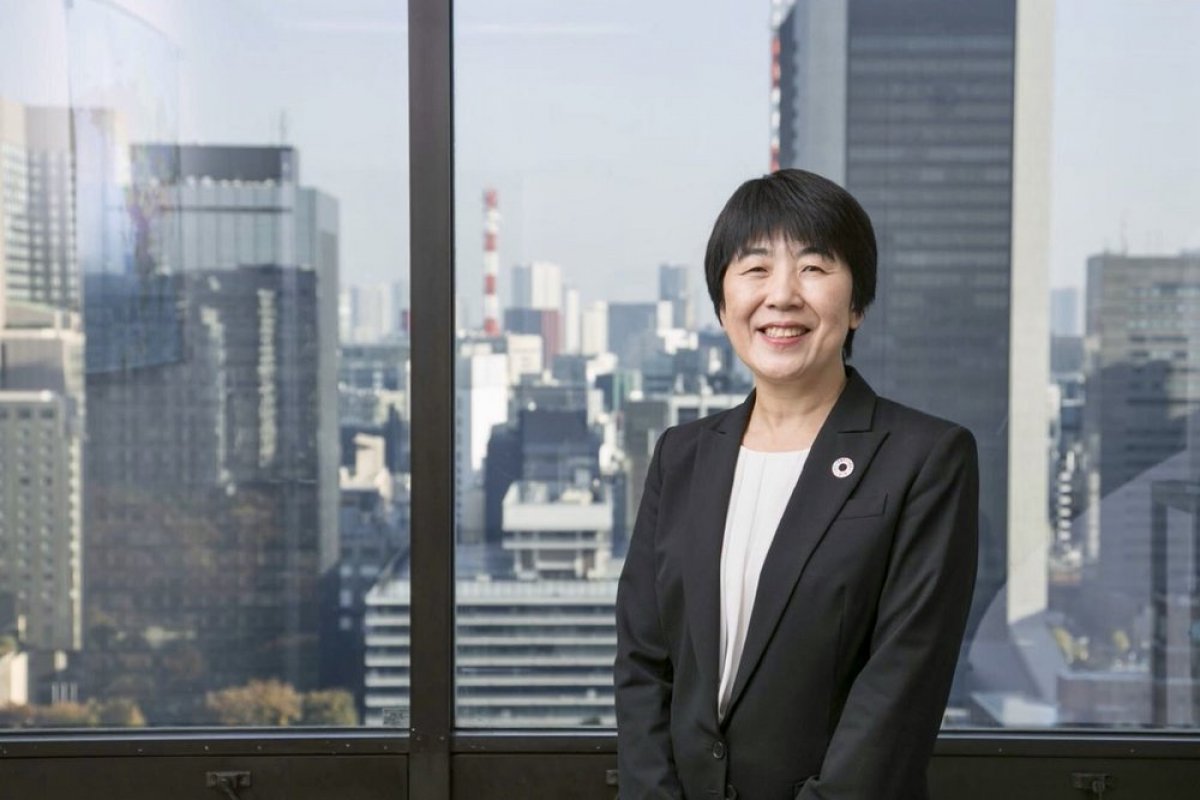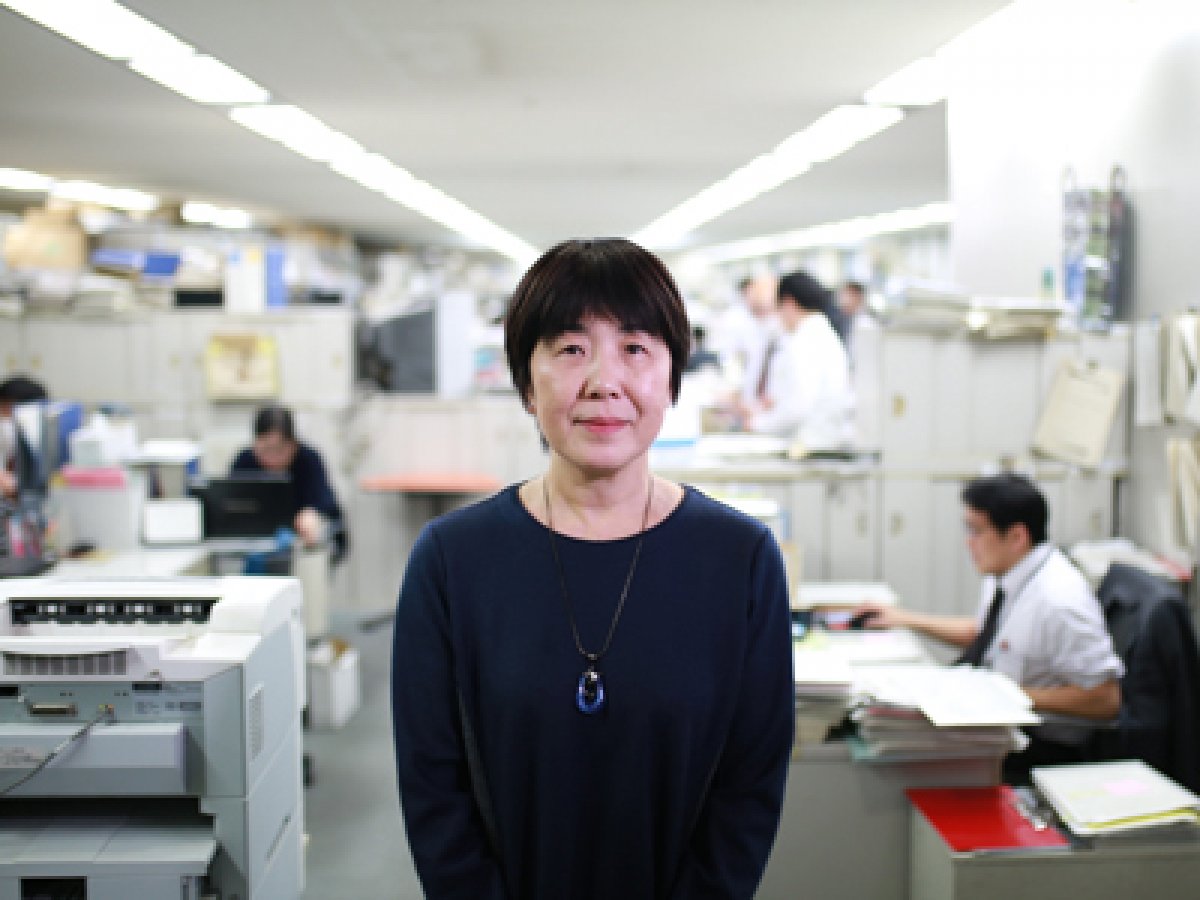In Astana, all countries of the world will adopt the new WHO Declaration on PHC, which will determine the direction for the further development of primary health care in the world.
“Compared to what was 40 years ago, now there are completely new challenges, a completely new set of problems. We are talking about non-communicable diseases that are emerging, and also these are issues of geology, questions of demographic changes, issues of international conflicts in so-called unstable countries, new infectious diseases associated with migration, related to climate change, etc. Therefore, it is necessary to work in order to work to remove these challenges, ”said the Assistant Director-General of WHO, Dr. Naoko Yamamoto in the Central Communications Service.
She also noted that in 1978, the Declaration of Alma-Ata was the first international declaration that promoted primary health care as the main strategy for achieving health for all. Other important follow-up movements, such as health promotion, social determinants of health and universal health care, are based on the original principles and values of the Declaration of Alma-Ata - justice, solidarity, social justice.
“We need to focus on primary health care. Primary health care covers almost 80% of all local health care needs and, of course, is universal health care. Universal access to health services, comprehensive coverage can be based only on primary health care, on prevention, so that people do not suffer financially from their health, ”Dr. Naoko Yamamoto stressed the importance of the new Astana Declaration.
The new Astana Declaration will list all the new challenges, it will raise the issue of primary health care and help achieve the sustainable development goal of comprehensive coverage of health services.
Naoko Yamamoto also reported that the Declaration is currently undergoing a process of harmonization with all WHO member countries.
“While the approval process is underway, during the review process, we attracted a large number of experts, representatives of civil society, and received a wide range of comments and observations. Comments, for the most part, were positive, positive, ”said
We are confident and we hope that we can achieve comprehensive coverage of primary health care and general health care services by the Assistant Director-General of WHO.
Naoko Yamamoto focused her attention on the fact that "there is political will, presidents, prime ministers, ministers of health and finance ministers - everyone understands the importance of health."
“Our knowledge has deepened and expanded, a lot of new knowledge has appeared - we know what to do and how, new technologies, including digital health care, appear and, of course, people who work in the field understand that health care also includes their responsibilities, their responsibilities, ”the speaker added.
All these questions will be covered and entered into the new Declaration.
“We would like the Declaration to be interesting, inspiring, so that it would encourage people to act. There were also ideas to reduce the Declaration to a more concise volume, so as to leave the greatest force to those words that will remain in the text of the Declaration, ”Naoko Yamamoto informed.
“We believe that under the leadership of Kazakhstan we will achieve just that, we will achieve the necessary, necessary Declaration!”, The Assistant Director-General of WHO concluded.











